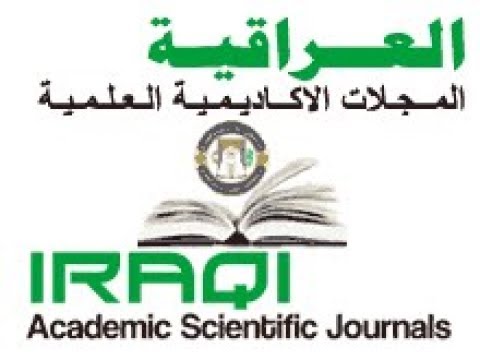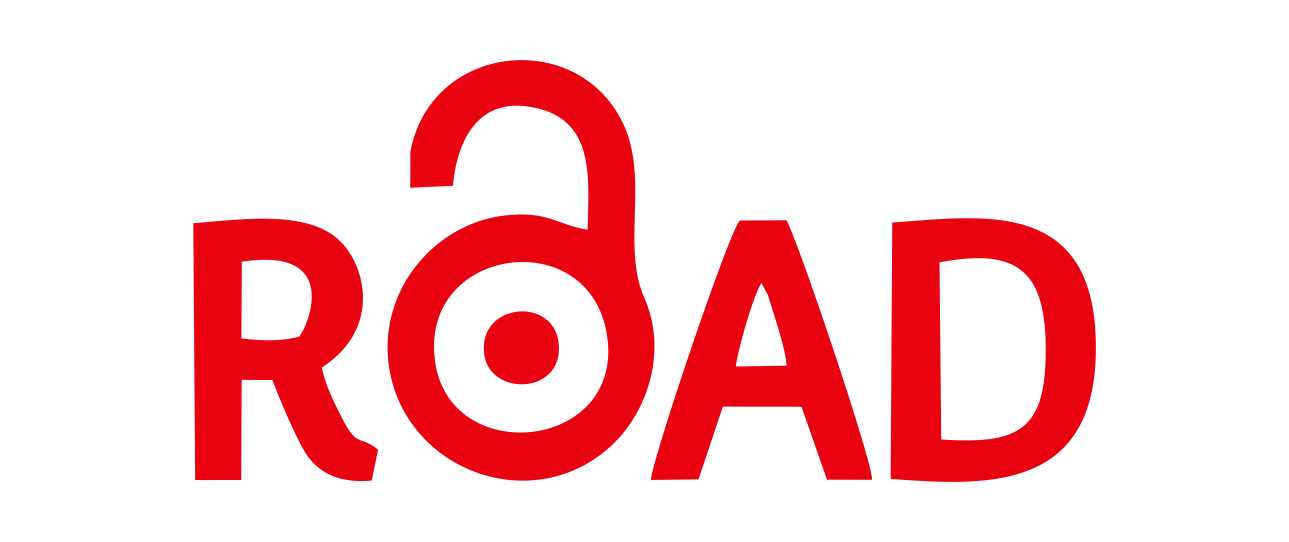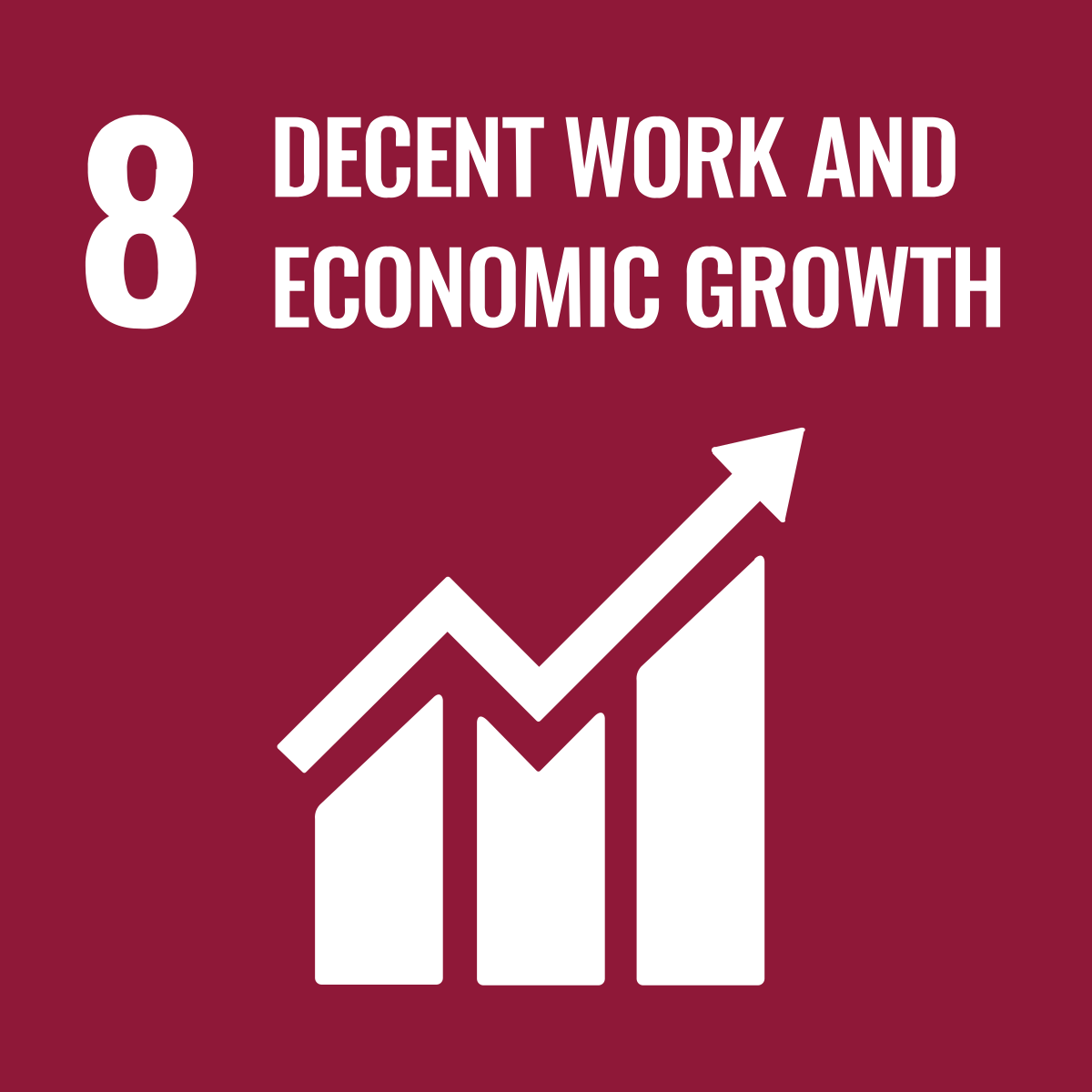Challenges of implementing artificial intelligence in enhancing payment security and customer experience: A comparative study between Mastercard in Australia and Visa in Singapore
DOI:
https://doi.org/10.56967/ejfb2025627Keywords:
financial balance, financial liquidity, financial flexibility, Solvency, ProfitabilityAbstract
Artificial intelligence (AI) applications are essential for enhancing payment security and improving customer experience in financial institutions. This research aims to examine the challenges faced by Mastercard in Australia and Visa in Singapore in implementing these technologies. The study focuses on three main areas: challenges related to fraud and privacy, the strategies employed by both companies to address these challenges, and the impact of AI applications on customer satisfaction and trust. The research adopts an analytical methodology that combines both qualitative and quantitative data, relying on diverse sources including academic studies and annual reports. The findings reveal that the effectiveness of AI applications varies across the two markets, reflecting different responses to local challenges. For instance, Mastercard demonstrates a greater reliance on machine learning technologies in Australia to combat fraud, while Visa in Singapore focuses more on enhancing privacy and data protection. The study offers strategic recommendations aimed at improving payment security and customer experience, such as increasing transparency in data usage and strengthening communication with customers. This research contributes to a deeper understanding of the role of AI in financial services, providing valuable insights for companies and practitioners in the sector. By addressing the unique challenges of each market, customer satisfaction can be enhanced and greater trust in digital payment services can be fostered.
Downloads
Downloads
Published
How to Cite
Issue
Section
License
Copyright (c) 2025 hamza alward، نغم حسين نعمة

This work is licensed under a Creative Commons Attribution 4.0 International License.
This is an Open Access article distributed under the terms of the creative commons attribution (CC BY) 4.0 international license which permits unrestricted use, distribution, and reproduction in any medium or format, and to alter, transform, or build upon the material, including for commercial use, providing the original author is credited.









